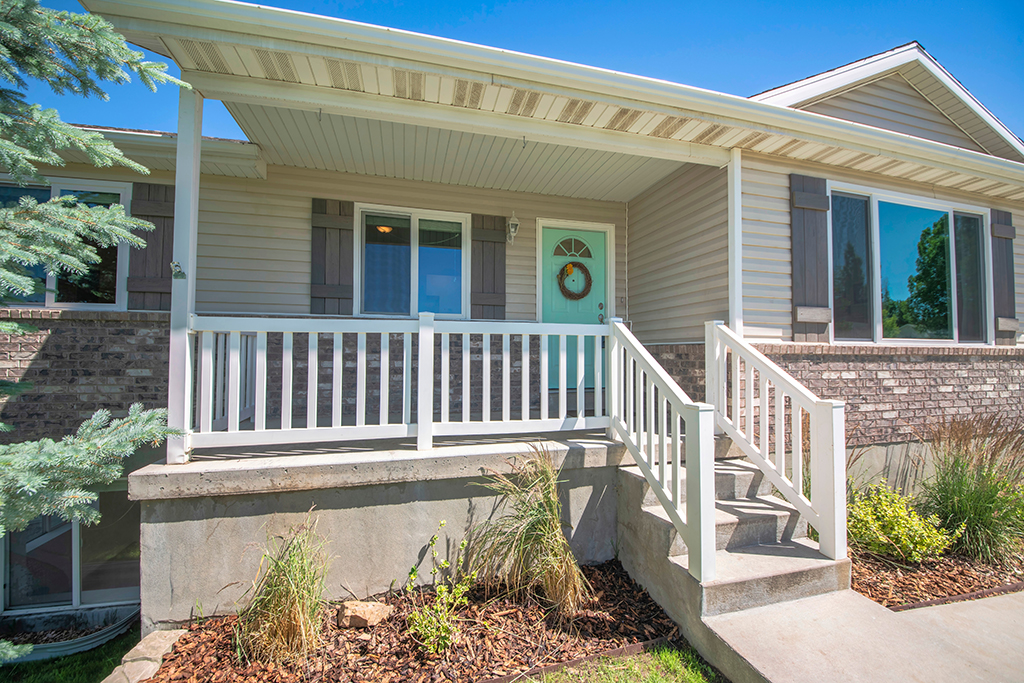
The Factors Affecting The Performance Of Your Energy Efficient Windows | Dallas, TX
Windows are an important part of any home. They let in natural light and fresh air, but they can also be responsible for significant heat loss. That’s why energy efficient windows are such an important investment. They can help keep your home warm in the winter and cool in the summer while reducing your energy bills. But how do you know if your windows are performing as well as they should be? Here are some factors to consider:
The Quality of the Window
The quality of the window is a crucial factor in the performance of your energy efficient windows. Poorly-made windows will not only let in draughts and waste energy but can also be a safety hazard. Inferior materials and poor construction can lead to gaps and cracks that allow heat to escape in winter and cool air to sleep in during summer. This makes your home less comfortable and increases your energy bills.
In addition, poorly-made windows are more likely to break or shatter, posing a serious risk to you and your family. By contrast, high-quality, energy efficient windows are expertly constructed using the best materials available. This ensures they are airtight and highly durable, providing optimal comfort and energy savings for years to come. When choosing new windows for your Dallas, TX, home, be sure to choose a reputable supplier who can provide you with the best possible quality.
The quality of the installation is also very important. If your windows are not installed properly, they will not be able to provide you with the level of performance that you expect. Therefore, it is important to ensure that you use a reputable company with experience installing energy efficient windows.
The Age of the Window
When it comes to energy efficient windows, age is a factor to consider when evaluating their performance. Newer windows are typically much more energy efficient than older ones due to technological and manufacturing advancements. In general, windows over 15 years old can be expected to have an energy efficiency that is only about 50-60% of what newer windows offer. This can make a significant difference in your energy bill, as well as your home’s overall comfort level.
If you have older windows, you may want to consider replacing them with more energy efficient models. However, this is not always necessary or practical. There are several ways to improve the energy efficiency of older windows, such as adding weatherstripping or installing storm windows. Taking some simple steps can help ensure that your windows are performing at their best.
The Size of the Window
The size of the window is one of the key factors that affect the performance of your energy efficient windows. The larger the window, the more heat it will transfer. To maximize the efficiency of your windows, selecting the right size for your particular application is important. Smaller windows will typically be more energy efficient than larger ones, but there are a few exceptions. For example, when used in a sunroom or conservatory, a large window can help to keep the space cooler by admitting less direct sunlight. However, it is best to choose smaller windows if you are looking for energy efficiency.
The Type of Glass Used
The type of glass used in your energy efficient windows can affect their performance. Clear glasses provide the most visible light and allow the most heat to pass through. Tinted and low-emissivity glasses block more heat and UV rays but also reduce the amount of visible light that comes through. Special coatings can also be applied to glass to improve its energy efficiency further. For example, a Low-E coating reflects heat into the room, while a solar control coating helps to reduce glare and fading. Choosing the right type of glass for your windows will help you save money on your energy bill.
The Direction the Window Faces
The direction the window faces also affects its performance. Windows that face east or west will receive more direct sunlight throughout the day, which can lead to more heat gain in the summertime. North-facing windows will stay cooler in the summer but won’t receive as much natural light during the winter months. South-facing windows strike a good balance between these two extremes and are often considered the most energy efficient option overall.
The Amount of Sunlight Exposure
Energy efficient windows are a great way to reduce your carbon footprint and save energy bills. But did you know that the amount of sunlight exposure is a factor affecting the performance of your windows? Sunlight exposure can cause the windows to overheat, which reduces their efficiency. To maximize the energy savings from your windows, it’s important to control the amount of sunlight exposure. You can do this by installing shades, blinds, or curtains.
Sunlight exposure can also cause the windows to fade over time. This is because the UV rays from the sun can break down the materials in the window, causing them to lose their color and become less effective at blocking out light. You can prevent this by choosing windows that have a Low-E coating. This coating helps to reflect UV rays away from the window, keeping it cooler and protecting it from fading.
Ensure Your Windows Give You the Performance You Deserve
Now that you know the factors affecting the performance of your energy efficient windows, you can take steps to ensure that they are performing at their best. You should hire a windows service professional in Dallas, TX, to help you select the right size, type of glass, and direction for your windows. You can control the amount of sunlight exposure by installing shades, blinds, or curtains.
Call Us to Help You Save On Your Energy Bills!
If you’re looking for a windows professional in Dallas, TX, Energy Window Solutions is your company. We are the leading provider of Windows solutions that meet your needs. Call us today to schedule a free consultation.


